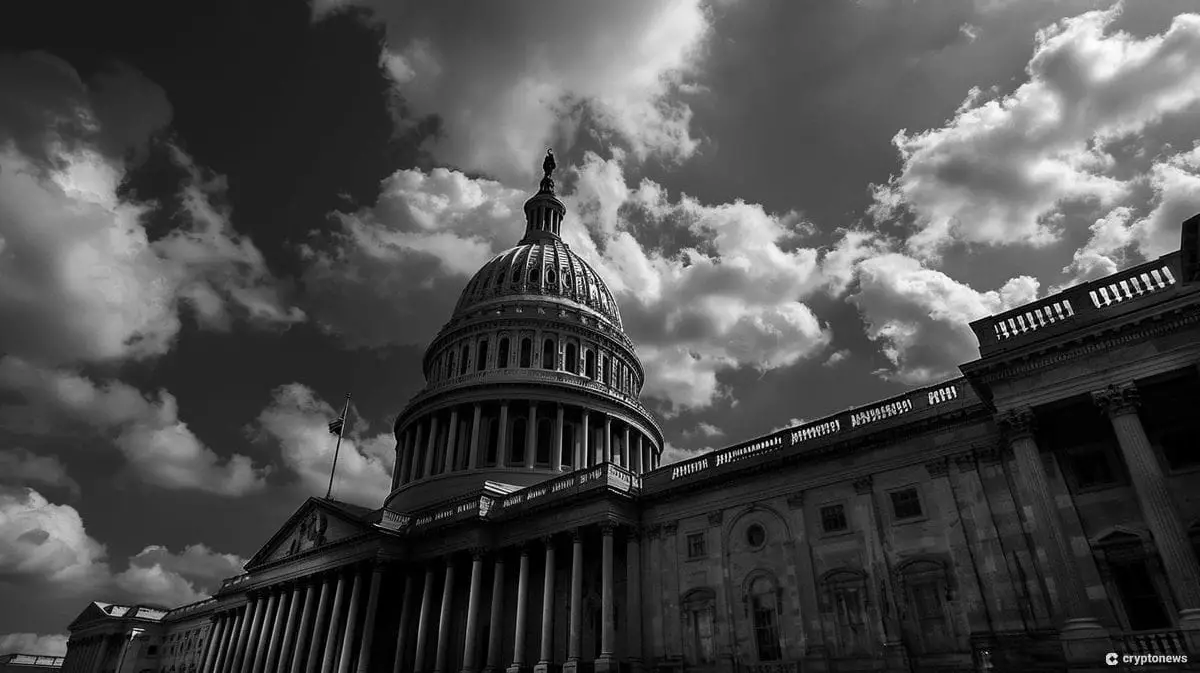John Deaton, a pro-crypto Republican candidate aiming to secure Senator Elizabeth Warren’s senate seat, recently took to social media to criticize SEC chair Gary Gensler. In his scathing post, Deaton condemned Gensler for the SEC’s regulation-by-enforcement approach, specifically in response to the new Coinbase appeal. He labeled Gensler as a “bad faith regulator” and highlighted how Coinbase is seeking regulatory clarity through the judicial system due to the lack of clear guidance from Congress and the SEC.
The Coinbase Appeal and Regulatory Uncertainty
Coinbase, a prominent crypto exchange, filed a request for permission to file an interlocutory appeal to the 2nd Circuit Court of Appeals after the SEC sued them in June 2023 for operating as an unregistered crypto trading platform. Despite Coinbase’s efforts to dismiss the case, the U.S. District Judge denied their motion, leading to an ongoing legal battle between the exchange and the SEC. Deaton emphasized that Gensler and the SEC are failing to prioritize the protection of small investors and are instead focused on serving political interests.
Criticism of the SEC’s Enforcement Focus
The digital asset community has long criticized the SEC for its enforcement-focused approach to crypto regulation. Key industry players like Ripple and Binance have faced lawsuits from the commission, further adding to the regulatory uncertainty in the crypto space. SEC Commissioner Hester Pierce also spoke out against the agency’s heavy-handed regulatory tactics, stating that it is scaring off potential investors and hindering innovation in the industry. The SEC’s aggressive stance on cyber and crypto enforcement has raised concerns within the community and has led to a growing distrust towards the regulatory body.
The ongoing legal battle between Coinbase and the SEC highlights the challenges faced by the crypto industry in navigating the regulatory landscape. The lack of clear guidance from regulators like the SEC, coupled with their enforcement-focused approach, creates an atmosphere of uncertainty and apprehension within the digital asset community. It is crucial for regulatory bodies to adopt a more collaborative and transparent approach to regulation to foster innovation while ensuring investor protection. As the crypto market continues to evolve, it is imperative for regulators to work closely with industry stakeholders to create a balanced regulatory framework that supports growth and development in this rapidly expanding sector.

